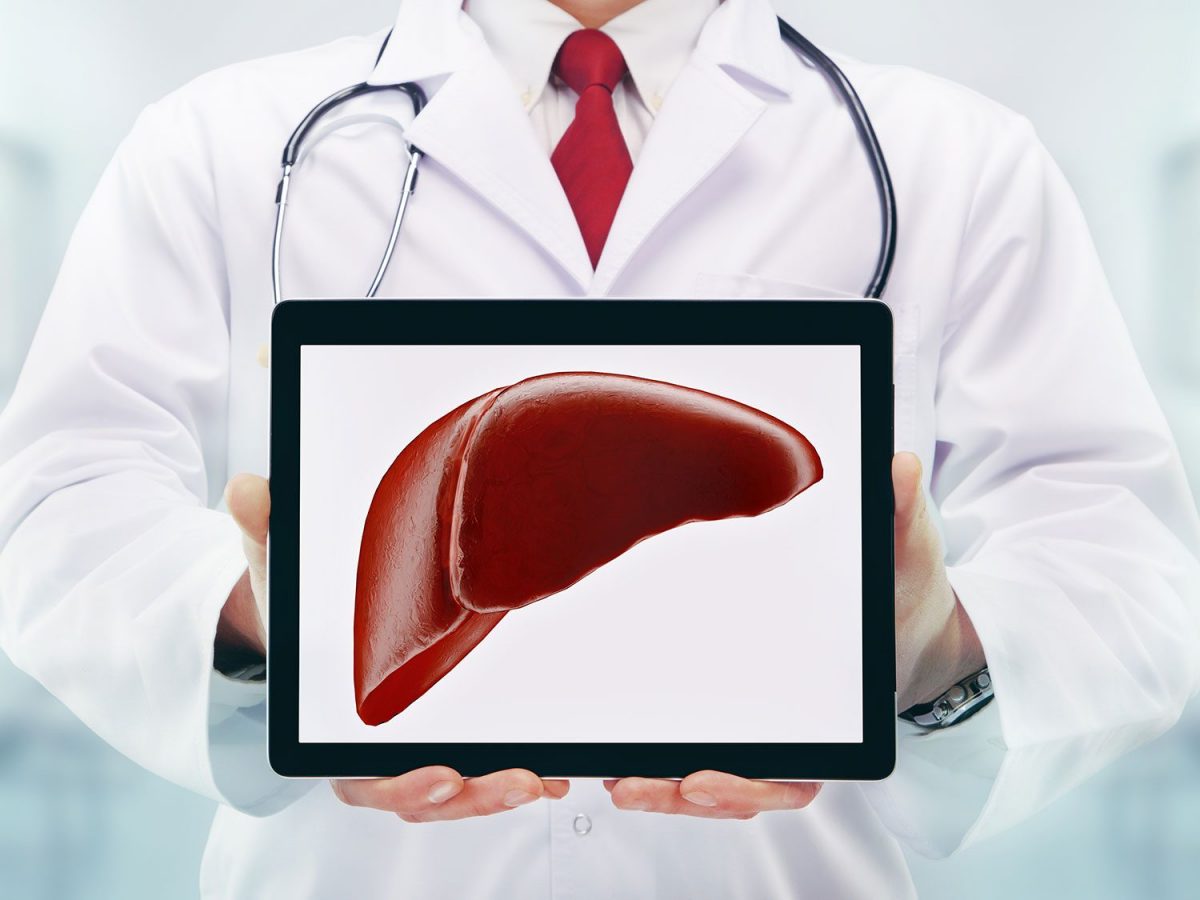Fatty Liver Disease is a subtle and complex disease that may lead to liver cirrhosis if left untreated. Consult with Dr. Harsh Sheth, a specialist in laparoscopic and bariatric surgeries in Mumbai.
If left untreated, fatty liver can develop into cirrhosis, a chronic disease that damages the liver. Unexpected weight gain, leaden-feeling limbs, and an intermittent poor appetite are all symptoms that may indicate the onset of cirrhosis. It can develop from small amounts of fat, but it’s also possible to develop from overeating unhealthy foods. Once cirrhosis develops, it’s almost impossible to recover from it.
Fatty liver is a medical diagnosis, not a feeling. It’s an observable condition, and an accurate diagnosis is imperative to manage it appropriately. There are several signs and symptoms that signify the presence of fatty liver, says Dr. Harsh Sheth, a renowned name in the field of gastrointestinal surgery in Mumbai.
If you or a loved one is struggling with this condition, it’s essential to know how to recognize it and what to do about it.
What is Fatty liver disease?
Fatty Liver Disease is characterized by an excess of fat in the liver.
To digest food, store energy, and remove pollutants, you need a functioning liver. Fatty liver disease occurs when fat cells make up more than 5% of your liver. Fatty liver disease is often associated with alcoholics; however, non-alcoholic fatty liver disease (NAFLD) affects persons who do not consume large amounts of alcohol.
Are you at risk of developing Fatty Liver Disease?
People of Hispanic or Asian ancestry are more prone to develop NAFLD than people of other ethnicities. People with excessive levels of abdominal fat, postmenopausal women, and those with hypertension, diabetes, or high cholesterol are also at a higher risk. You have a higher probability of developing the disease if you have obstructive sleep apnea.
So, to answer your question, if any of the points mentioned above are causing you concern, you are probably at risk of fatty liver disease.
Fatty liver disease can worsen.
Fatty liver disease frequently has no symptoms, especially in its early stages. However, the condition can proceed to non-alcoholic steatohepatitis in some people, a more severe form of the disease (NASH).
NASH causes inflammation in the liver, which can progress to scarring and cirrhosis. In your abdomen, fluid can build up. Your esophagus (the muscular tube that connects your throat to your stomach) veins may bulge, rupture, and hemorrhage. You may develop liver cancer and end up with end-stage liver failure. You’ll require an organ transplant if you develop liver failure.
Fatty liver disease diagnosis:
Because fatty liver disease doesn’t usually create symptoms, it isn’t always detected. It’s usually only discovered if aberrant numbers are found through routine liver function testing or if you get an abdominal scan for another reason.
If you have risk factors for it, such as Type 2 diabetes, metabolic syndrome, or obesity, or if you use certain prescription medications, such as steroids or amiodarone, it’s a good idea to get your liver function evaluated.
If you have any of the symptoms listed below, your illness has most certainly advanced to liver cirrhosis:
- Nausea, anorexia, and unexplained weight loss
- Jaundice is characterized by the yellowing of the skin and the iris of the eyes.
- In the upper right side of your tummy, you may have abdominal pain or fullness.
- Extreme exhaustion and weakness
- Your arms and legs are swollen.
If you are experiencing any of these symptoms, please get in touch with us immediately to schedule an appointment for an evaluation.
How do you prevent the progression of Fatty Liver?
Fatty liver disease does not have a specific treatment. Your treatment strategy may involve lifestyle changes such as abstaining from alcohol, decreasing weight and using medications to reduce cholesterol, blood sugar, and triglycerides. If fatty liver disease is discovered early, these steps can help avoid the progression of the condition to cirrhosis of the liver.
- Eat a nutritious diet that includes plenty of fruits, vegetables, and whole grains while reducing salt and sugar intake.
- Vaccinate yourself against hepatitis A and B, influenza, and pneumococcal illness. Hepatitis A or B, when combined with fatty liver, is more likely to result in liver failure. The other two immunizations are especially crucial for those with chronic liver disease since they are more likely to catch infections.
- Exercise regularly to help you lose weight and reduce liver fat.
- Before taking any dietary supplements, such as vitamins, or utilizing complementary or alternative medications or medical practices, see your doctor. Some herbal medicines have the potential to harm your liver.
Although medication therapies for fatty liver disease are being researched, none have been demonstrated to be effective at this time.








